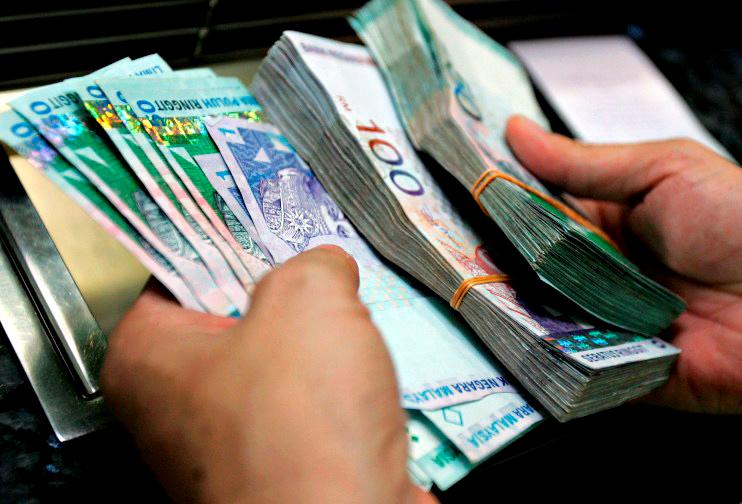
By Civicus.org
JOHANNESBURG, South Africa--International human rights groups raise the alarm about the state of civic rights in Timor-Leste ahead of the country's review at the United Nations Human Rights Council on 27 January 2022.
Human rights groups CIVICUS, La'o Hamutuk, Judicial System Monitoring Program (JSMP), HAK Association and FORUM-ASIA call on UN member states to urge the government of Timor-Leste to protect civic freedoms as its human rights record is examined by the UN Human Rights Council on 27 January 2022 as part of the 40th session of the Universal Periodic Review (UPR). We also urge the government of Timor-Leste to continue and expand its respect for the human rights of its people.
At the country's second UPR in October 2016, UN member states made eight recommendations directly related to civic space.
In a joint submission to the Human Rights Council this UPR cycle, our organisations assessed the implementation of these recommendations and compliance with international human rights law and standards over the last five years.
We are particularly concerned by the government attempt last year to reintroduce criminal defamation provisions into its penal code, which was removed in 2009, proposing "Cybercrime" Law, and the failure to revise the Media Law to bring it into line with international human rights law and standards.
"The enabling environment for civil society in Timor-Leste has allowed it to play a critical role in strengthening democracy and human rights. But there is significant room for improvement regarding freedom of expression and peaceful assembly.
Our organisations urge states to make recommendations to Timor-Leste, which, if implemented, would build on progress made by the government and guarantee the freedoms of association, peaceful assembly and expression, and the state's duty to protect.
Key recommendations should include:
a) Adopt a specific law to ensure the protection of HRDs in accordance with Human Rights Council resolution 27/31 and the UN Human Rights Defenders Declaration.
b) Refrain from introducing new laws or provisions limiting offline or online expression.
c) Revise the Media Law to ensure it is in line with international standards and best practices related to the exercise of the right to the freedom of expression by everyone, not only by accredited journalists.
d) Amend the Law on Freedom of Assembly and Demonstration (No. 1/2006), particularly Articles 5, 6, 7 and 15, to fully guarantee the right to the freedom of peaceful assembly in line with international law and standards.
e) Ensure that the Universal Identifier (UID) system currently being implemented cannot be used to violate individual rights.
f) Ensure that all citizens are treated equally in the legal process.
The examination of Timor-Leste will occur during the 40th Session of the UPR. The UPR is a process, in operation since 2008, which examines the human rights records of all 193 UN Member States every four and a half years.
Civic space in Timor-Leste is rated as 'OBSTRUCTED' by the CIVICUS Monitor.








0 Comments
LEAVE A REPLY
Your email address will not be published